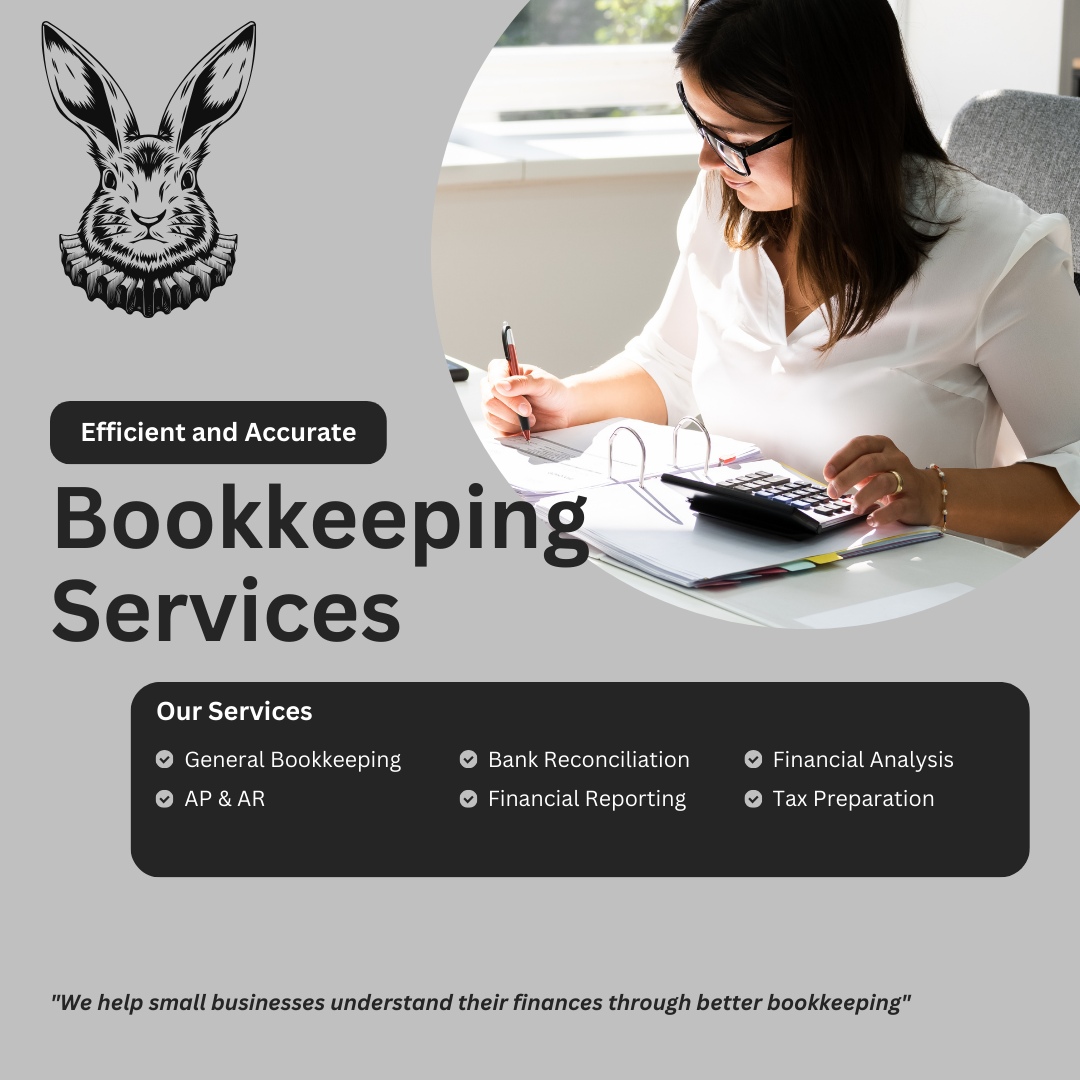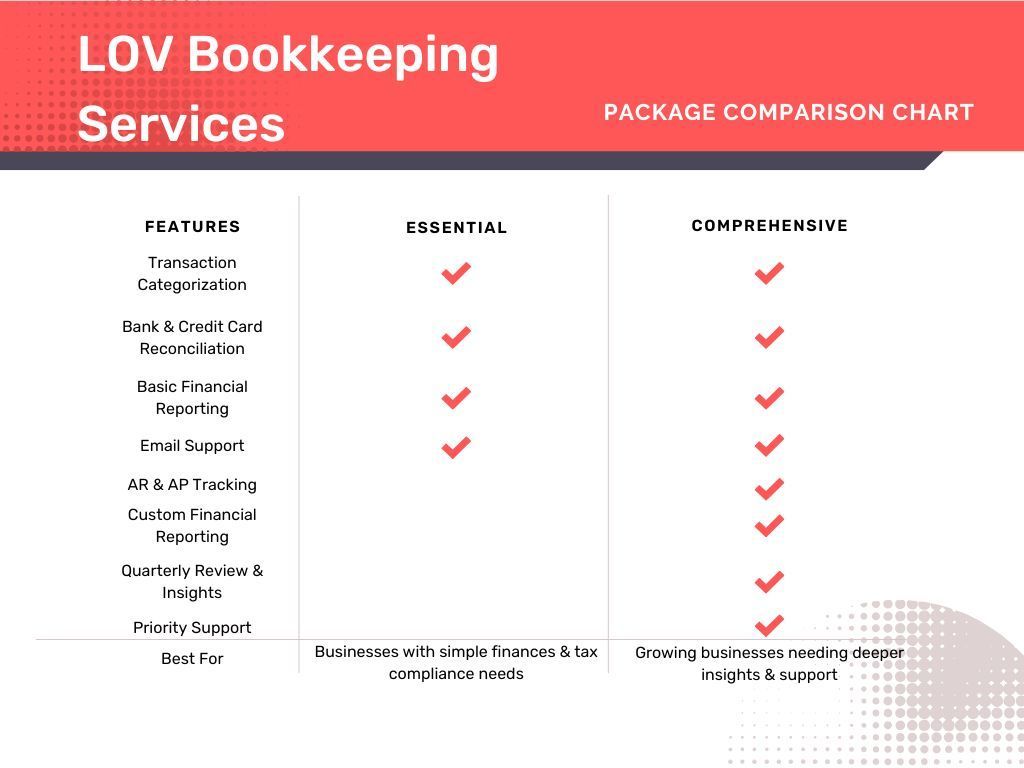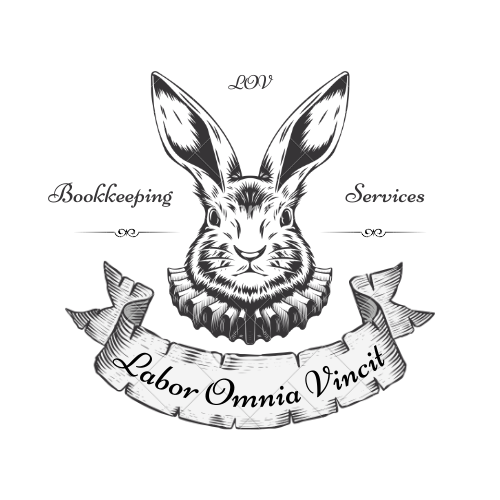Bookkeeping Basics: What Every Small Business Owner Should Know
Introduction
Bookkeeping might seem like a behind-the-scenes task, but it’s the backbone of any successful business. At LOV Bookkeeping, we know that well-organized, accurate financial records don’t just satisfy the IRS—they empower business owners to make smart, data-driven decisions. Whether you’re new to bookkeeping or looking to refresh your knowledge, understanding these basics can set your business up for lasting success.

What Is Bookkeeping?
In a nutshell, bookkeeping is the process of recording and organizing all of a business's financial transactions. This includes tracking income, expenses, assets, and liabilities. Unlike accounting, which interprets and analyzes financial data, bookkeeping is primarily about collecting and organizing this information.
Key Bookkeeping Concepts Every Business Owner Should Know
- Revenue: This is the income your business earns from its core operations. Accurate tracking of revenue is essential not only for understanding your profit margins but also for creating accurate forecasts.
- Expenses: All the costs incurred in running your business—such as rent, supplies, and wages—fall under expenses. By categorizing these properly, you can see where your money is going and find potential savings.
- Assets and Liabilities: Assets are items of value owned by your business, such as cash, equipment, or inventory. Liabilities, on the other hand, are what your business owes—like loans or unpaid bills. A solid understanding of these will help you assess your business’s financial health.
- Profit and Loss (P&L): This statement shows your revenue, expenses, and profits over a period. Regularly reviewing your P&L helps you gauge whether your business is financially sustainable.
Why Bookkeeping Matters
Accurate bookkeeping doesn’t just help you file taxes or fulfill legal requirements. It also gives you insight into your financial performance, helps you plan for growth, and protects you from unexpected financial challenges. When your books are in order, you’ll find it easier to secure loans, attract investors, and make confident business decisions.
DIY or Outsource? The Pros and Cons
While some business owners handle their own bookkeeping, others find that hiring a professional helps them save time and focus on core tasks. A professional bookkeeper brings expertise, accuracy, and peace of mind, ensuring that your records are up-to-date and compliant.
Conclusion
Bookkeeping may not be the most glamorous part of running a business, but it’s one of the most essential. At LOV Bookkeeping, we believe that strong financial records lead to strong businesses. Whether you’re handling it yourself or ready to pass the reins to a pro, having a solid grasp of bookkeeping basics will help your business flourish. Reach out to us if you’re ready to take your bookkeeping to the next level!



